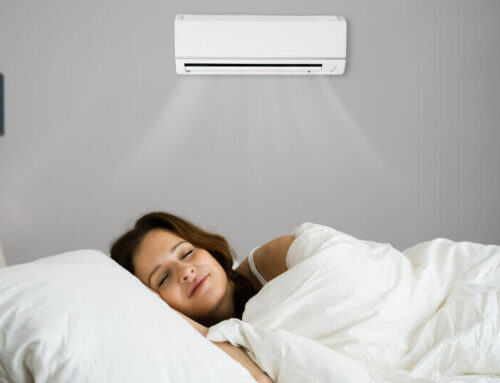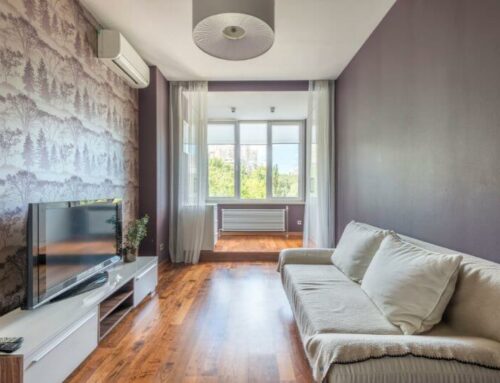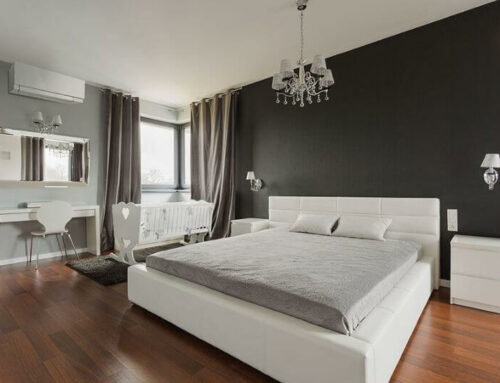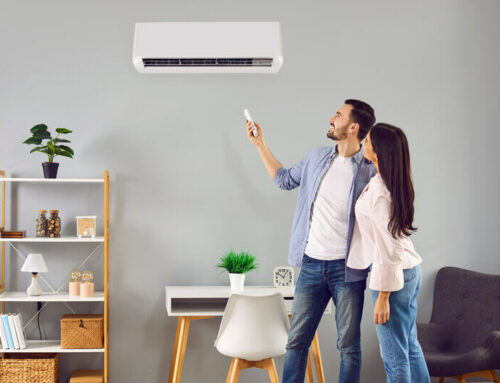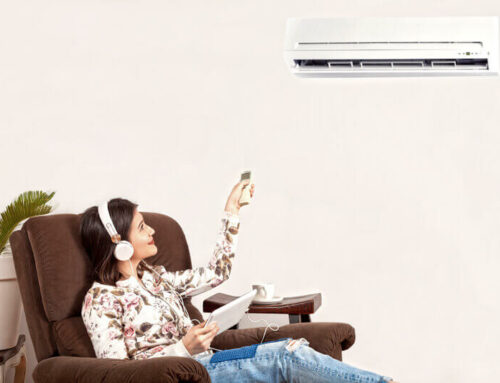With heat pumps now being the most popular choice for kiwis wanting a warmer and drier home, we’ve gathered our top 5 FAQs our customers ask about heat pump costs and efficiency.
Heat pumps are renowned for being economic and efficient, but why and how? Heating homes can cost plenty of money, so how will a heat pump actually save you money?
Below are the answers to our most commonly asked questions we get from our customers.
1. How efficient are heat pumps really?
Energywise has an online calculator that estimates if you use a heat pump for 8 hours per day for 6 months of the year with an energy output of 6KwH it will cost around $300 (based on a 5-star energy rating).
Heat pumps are the most efficient way of using electricity to heat your home, but some are much more efficient than others. Look for the Energy Rating Label – the more stars, the more energy-efficient. Energywise
Maximum energy consumption and running costs per year
Annual energy use – 1201 kWh
Annual running cost – $314.89
Greenhouse gas emissions – 0.16 tonnes
Let’s try another calculation for comparison.
A heater with only 1-star energy rating running for the same amount of time at the same 6kw will cost this:
Maximum energy consumption and running costs per year
Annual energy use – 2074 kWh
Annual running cost – $543.91
Greenhouse gas emissions – 0.28 tonnes
That is an eye-watering difference of $229.02 in cost.
Convinced yet? I think it goes without saying that heat pumps are an efficient and economical option (with the right one, of course). When you look at the comparison between the two heating options – it’s quite an eye-opener!
So yes, high star rating heat pumps are incredibly efficient!
Beyond that, there are ways that you can even further reduce those numbers. The amount of greenhouse gas emissions and costs of running a heat pump can be reduced even more, by making sure you do follow a few simple steps.
- Maintain and clean your heat pump and filters
- Clean your outdoor unit regularly
- Only heat the area you need too (and keep it between 18-20 degrees during the day)
- Close windows and curtains to retain heat
2. Should I turn down my heat pump at night?
Yes, it is a good idea to turn them down at night. Just like a similar temperature to a balmy summer night, heat pumps are recommended to be set to around 16 degrees. Running them at temperatures more than this at night time will make the bedroom stifling and cost you more in power bills.
3. Should I keep my heat pump running 24 hours a day?
No, you should not.
You have heard the myth about leaving a heat pump running 24/7 makes it more efficient – but it doesn’t!
If you’re not home during the day – don’t run it!
A good heat pump will bring a room up to your specified temperature within 10-15 minutes.
Running a heat pump 24/7 costs!
It won’t be energy efficient and it will end up costing you more to keep it running. Save yourself the money and use your heat pump when you need it.
And don’t forget about those greenhouse gas emissions we saw in the table above. Running a heat pump all day, every day is not going to be very sustainable or kind to our planet. So keep that in mind.
4. Does a heat pump prevent condensation?
Yes, heat pumps can help to prevent condensation. They have multiple uses and technologies like the Mitsubishi Electric range, where some models have a dehumidifying or ‘dry’ setting. Check what settings your heat pump model has, or ask about it when getting one installed.
While a heat pump is heating up a room, it also filters the air which helps to remove moisture. It also helps to dry out condensation on windows during the day.
If moisture is a major problem in your home you may need to look at the ventilation too. Mitsubishi Electric offers specialist systems such as the Lossnay Home Ventilation System or a Mitsubishi Electric Oasis dehumidifier will help homes with excess moisture concerns or issues.
5. What are the pros and cons of a heat pump?
Pros
- Energy efficient
- Money-saving
- Low cost to install versus longevity
- Eco-friendly – low greenhouse gas emissions
- Automatic settings
- Heats and cools
- Can be customised to your home style
- Cleans the air and helps keep moisture under control
Cons
- Some models can be noisy –we all know that the Mitsubishi Electric models have whisper-quiet technology)
- The outdoor unit can be an eyesore – (but it can be easily disguised)
- The initial cost can seem a bit much to some people – but if you do the math it is an investment that works out cheaper in the long run!
We are happy to talk more with you about your heating needs. If you have any questions about heat pump costs or efficiency get in touch with us.
We install a wide range of Mitsubishi heating and air conditioning products for both commercial and residential premises. You can find out more about our range here.
“The heat pump has power! It’s up and running and keeping me warm. Thanks for your really great customer service and great team that got the job done” –Clair N – June 2020



